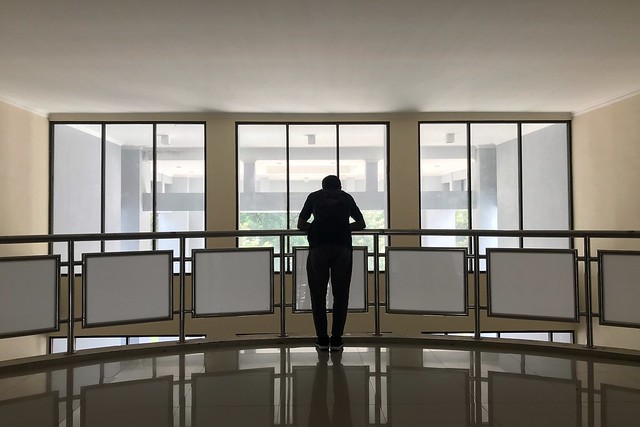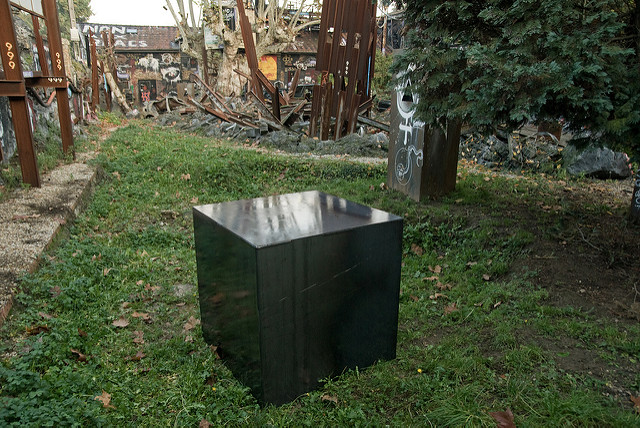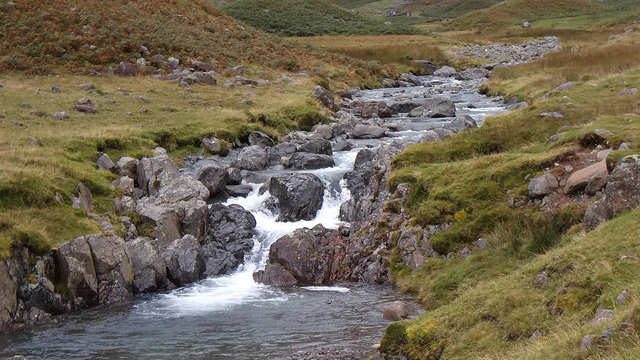Your research agenda plays a critical role in designing and planning your scholarly research and publication activities. Establishing your research agenda means deciding which research areas you will explore and the methodologies you will employ, then letting these guide your research activities. As we have all probably heard from our own graduate school professors, it is impossible to study everything in your field, and you must focus on topics that prove interesting to you and present solid publishing opportunities. Tenure committees generally like andriol bodybuilding to see assistant professors establish a consistent line of research or a few complementary lines of research, comprising their research agenda. Because of this, you should avoid a scattershot approach to research by developing a clear agenda and following it in your scholarly activities. In today’s post, I will describe the value of a research agenda and how to go about developing a research agenda.






